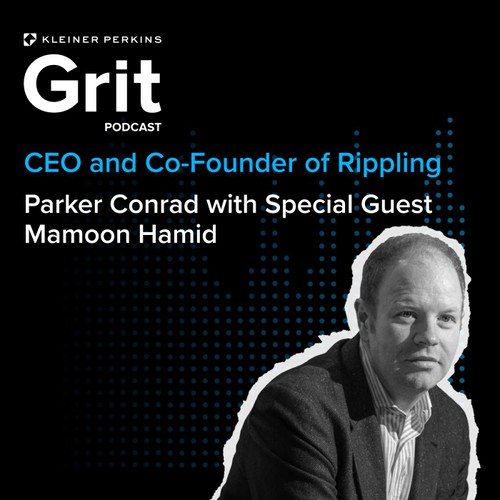
 Grit
Grit #162 CEO & Co-Founder Rippling, Parker Conrad w/ Mamoon Hamid: Compounding
Oct 30, 2023
Parker Conrad, CEO of Rippling and Mamoon Hamid, partner at Kleiner Perkins discuss their experiences with startups, the challenges they faced, and the importance of executives being involved in problem-solving. They also delve into the concept of compound startups, deep integrations, and the inefficiency of buying separate software components. The podcast offers insights on fundraising dynamics, starting companies for the right reasons, and the unique series A of Rippling.
AI Snips
Chapters
Transcript
Episode notes
First Meeting
- Parker Conrad and Mamoon Hamid first met during the early stages of Zenefits.
- Hamid missed out on investing in Zenefits' seed round, despite recognizing its potential.
Zenefits' Clever Hack
- Zenefits' initial success stemmed from its unique business model: giving away software and monetizing insurance benefits.
- This clever 'hack' allowed Zenefits to achieve exponential growth early on by focusing on benefit sales rather than software sales.
Series B Shake
- After missing Zenefits' Series A, Hamid was offered a chance to invest in the Series B at a $500M valuation, just months after a $60-70M round.
- Conrad's bold move highlighted Zenefits' rapid growth and secured funding from existing investors.


